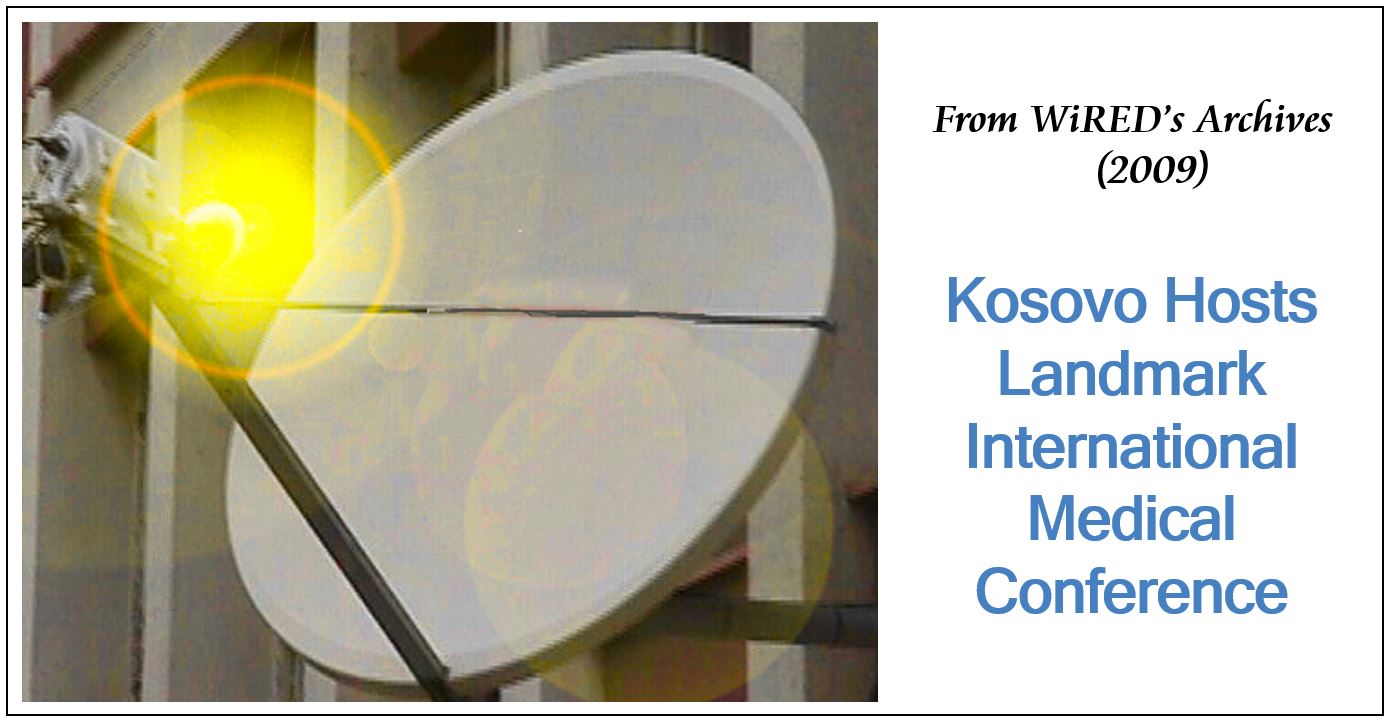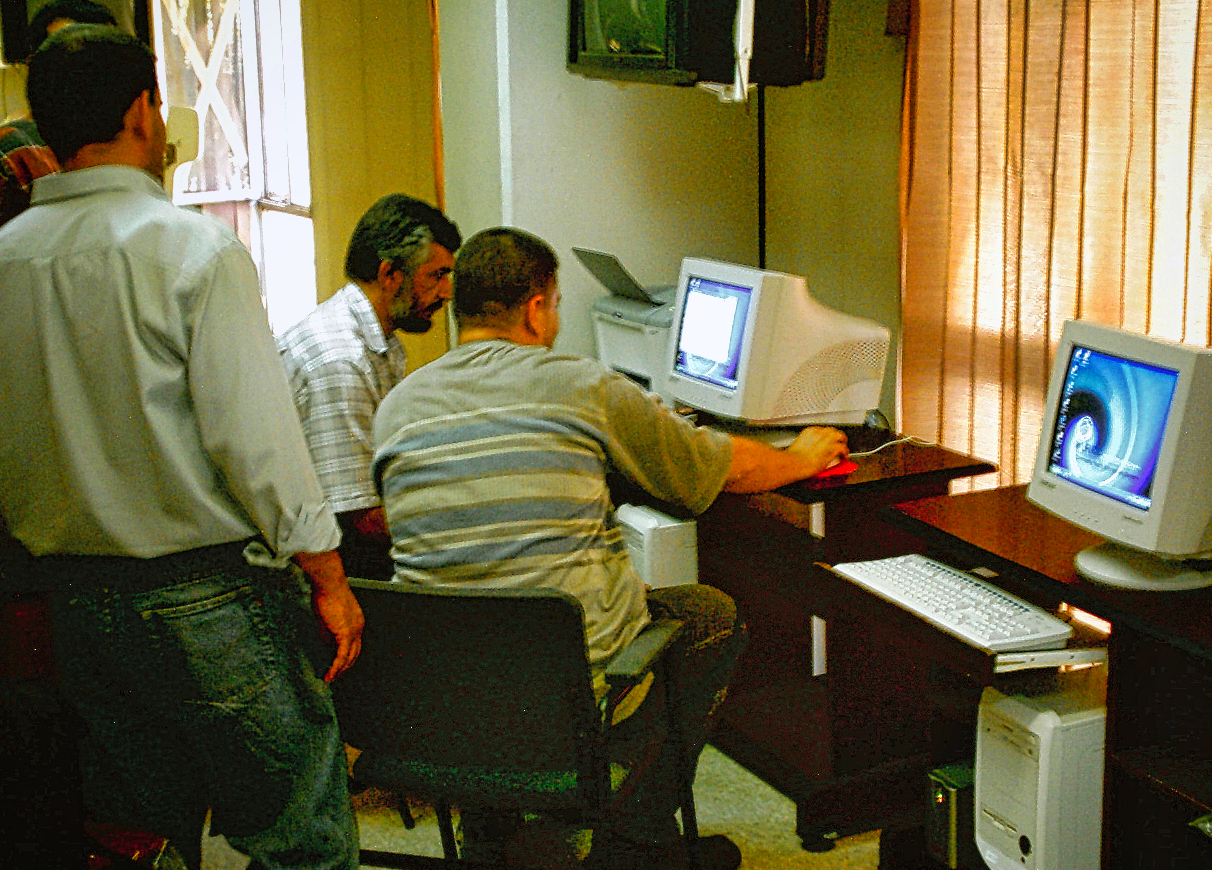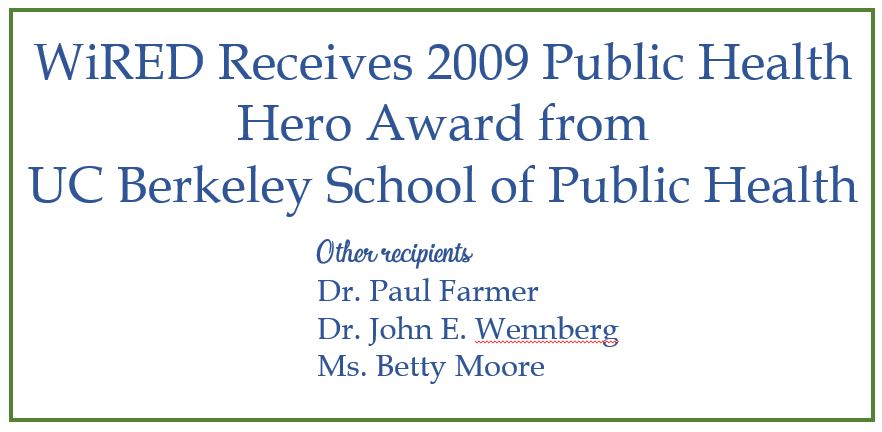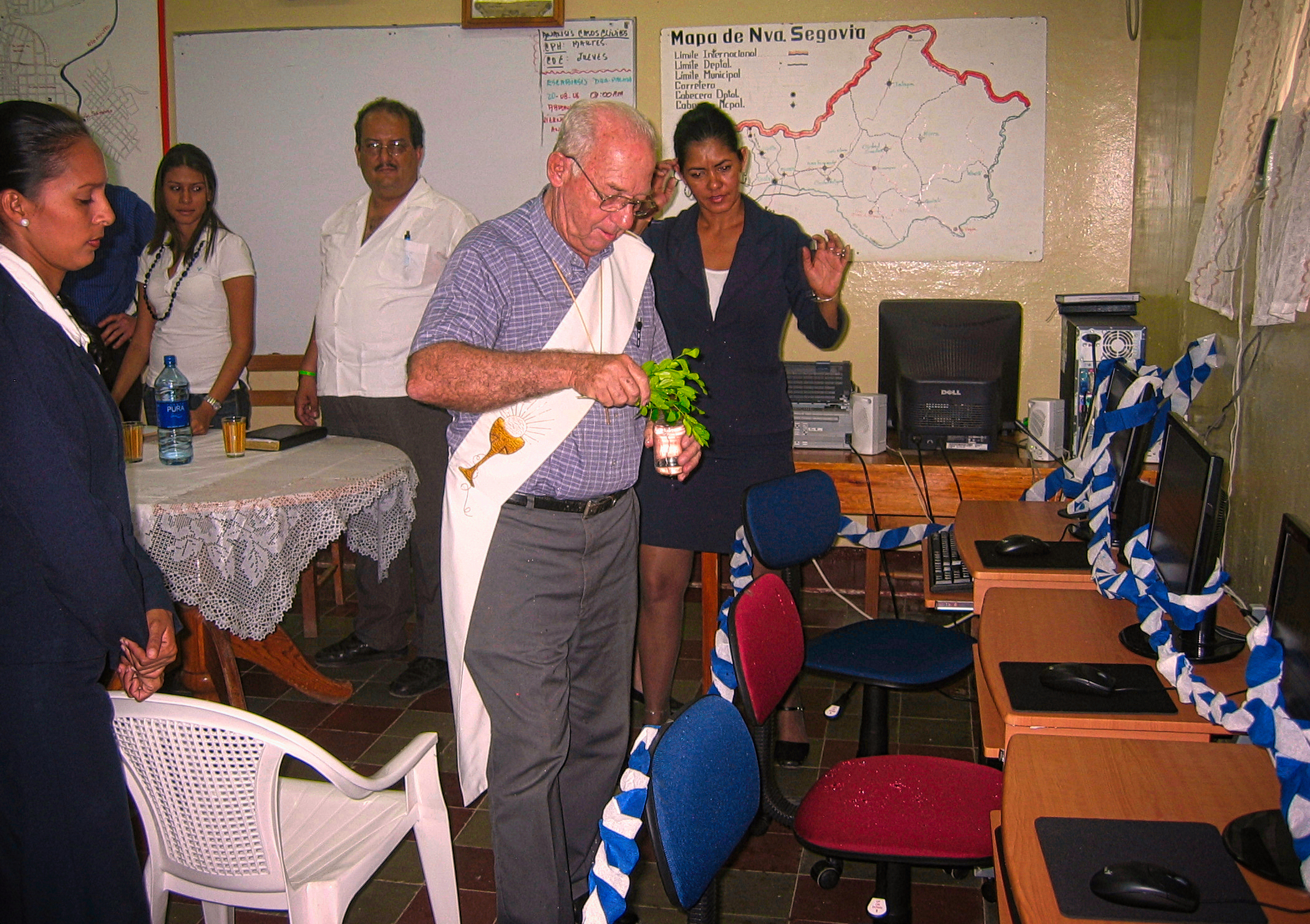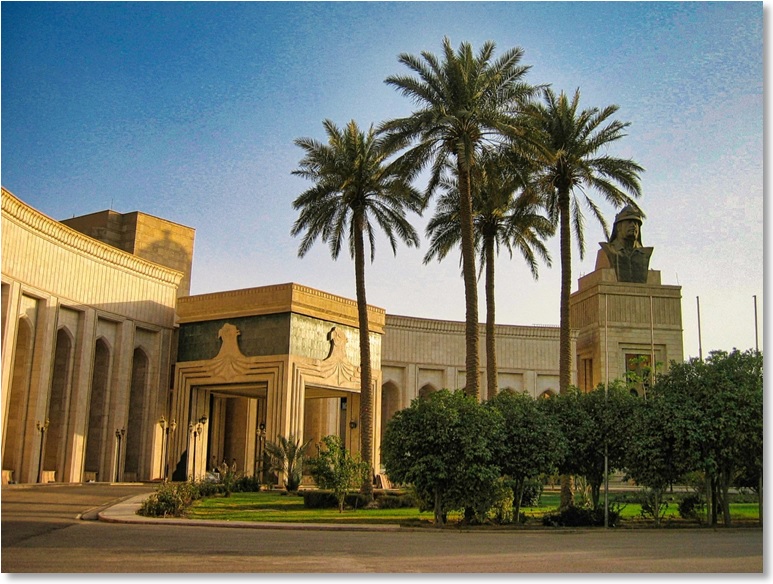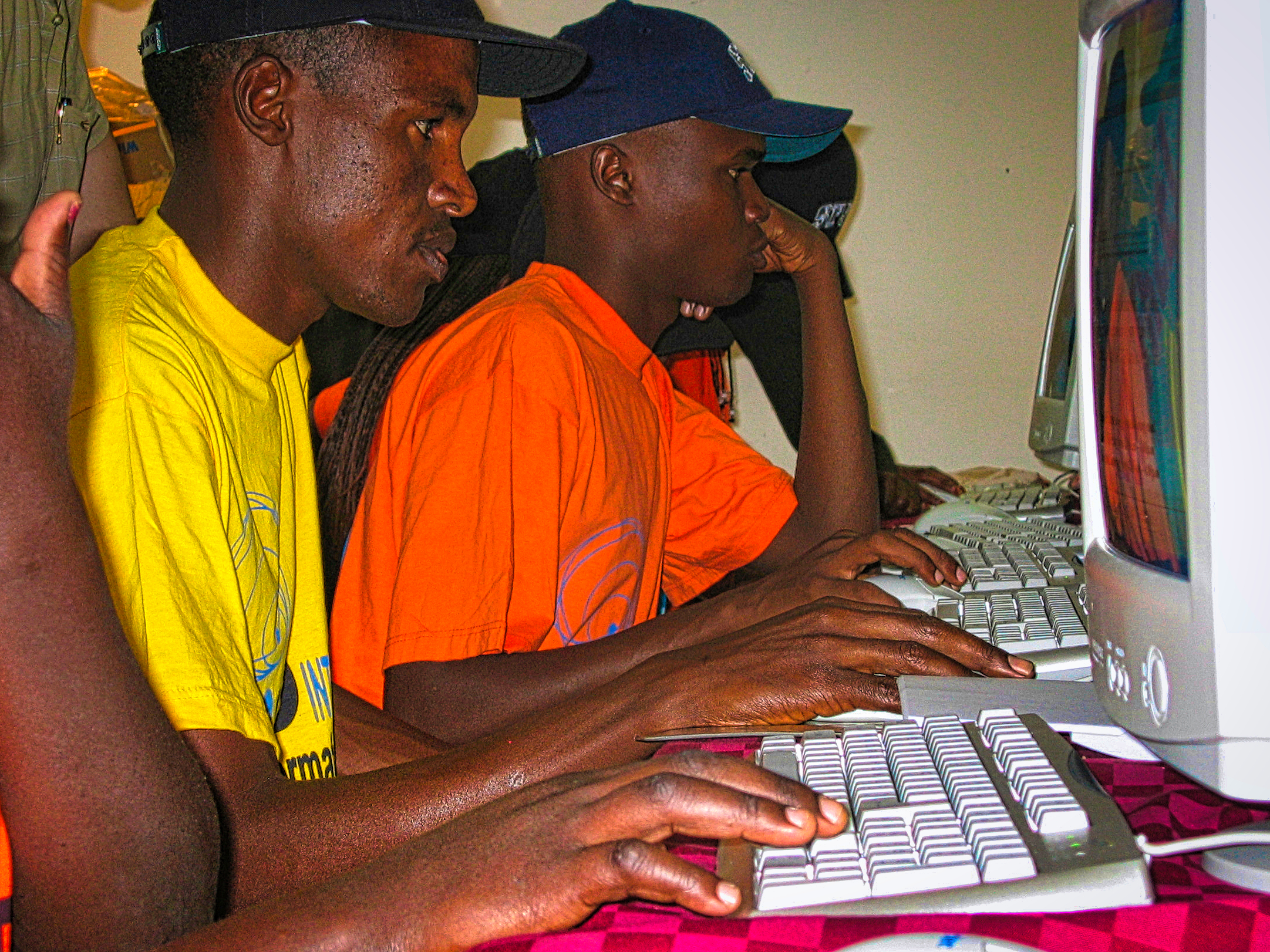State Department and WiRED bring the Internet to Kosovo (Joint Press Statement: U.S. Department and WiRED)
Posted onThe U.S. Department of State has established free computer centers at seven locations in war-ravaged Kosovo as part of its Kosovo Internet Access Initiative (KIAI). These centers are managed by the International Organization on Migration and operated with the help of a nonprofit foundation called WiRED (World Internet Resources for Education and Development).



